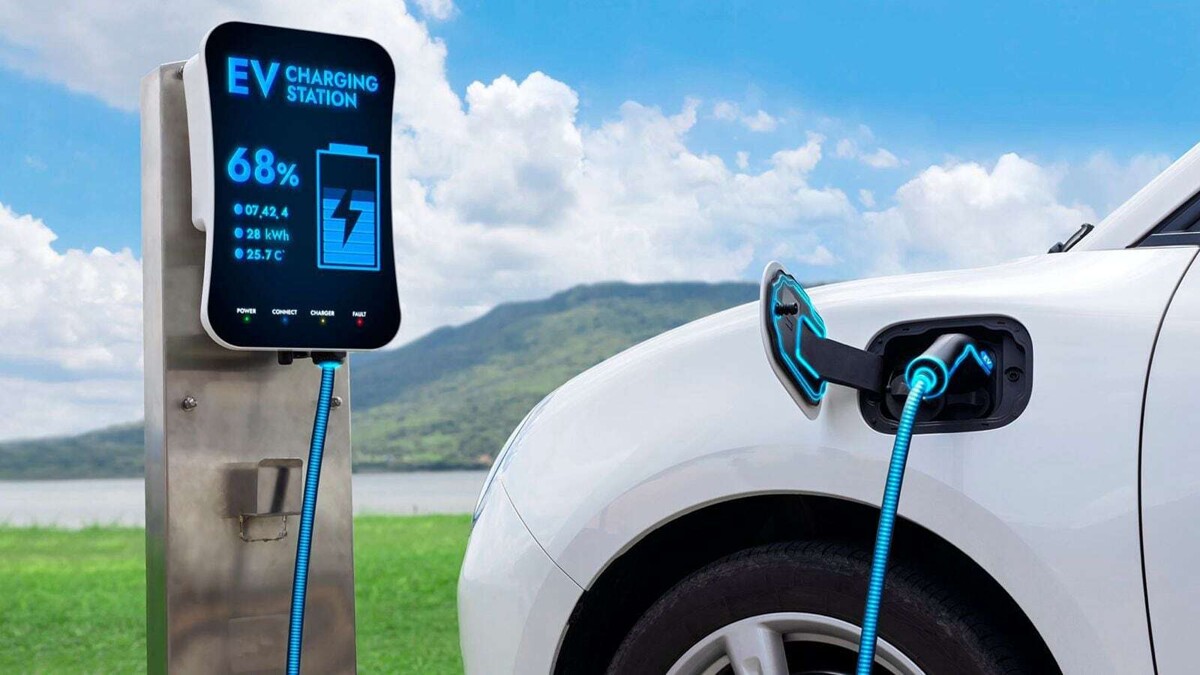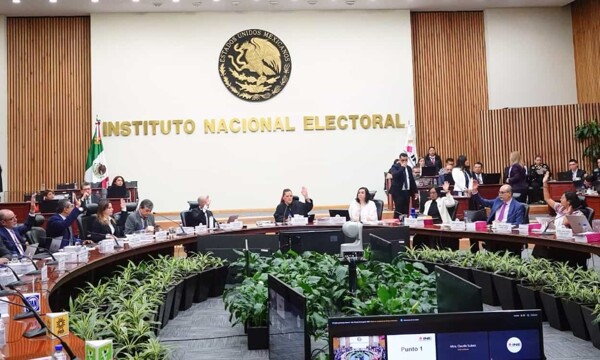
Mexico has already had its fair share of over-budgeted and poorly conceived projects with the Maya train and the Dos Bocas refinery, under López Obrador, which together cost more than 40 billion dollars. It would be smarter for Mexico to support the existing efforts of some private mobility companies and focus on ensuring the necessary infrastructure for this market to thrive — including electric supply and lithium for batteries — instead of launching a new public initiative.
This can be done by promoting an ecosystem of innovators, scientists, universities, and private financiers who work with those who have already captured part of the industrial know-how. "There is an opportunity to achieve technological and economic sovereignty while helping Mexicans move better".
It may sound a bit grandiose, but I like governments that set ambitious goals. Why can't the Olinia become the 21st-century electric version of the old Volkswagen Beetle, the iconic utility vehicle that roared through the streets of Mexico for decades benefiting workers and families?
However, problems arise when this proposal is analyzed in the broader context of Mexico's political options: the government is carrying out state-driven projects that include the construction of 3,000 kilometers of railway tracks for passenger trains, the creation of 100 industrial parks, a million new homes, and the expansion of a subsidized national airline that aims to compete with private companies, among others.
What emerges is the portrait of a government with a deep distrust of private initiative and aspirations to intervene in most industries and markets, from developing lithium deposits to controlling the energy industry.
In this sense, President Sheinbaum seems inspired by economist Mariana Mazzucato, who argues that the public sector has a leading role in fostering innovation. Mexico has the potential to be an automotive powerhouse, being one of the largest vehicle producers in the world, but lacks a significant national automobile company.
The government is embarking on the development of an electric vehicle designed and assembled in the country, but must face financial and structural challenges to achieve this. There is an opening for an affordable vehicle that transports passengers over short distances within large cities, which could consolidate Mexico as a hub of innovation in the field of electric mobility.
The Olinia initiative seeks to articulate local supply chains, create national jobs, and reduce imports if executed strategically. However, the success of projects like this will depend on real demand and proper execution to meet the mobility needs of working-class Mexicans.














